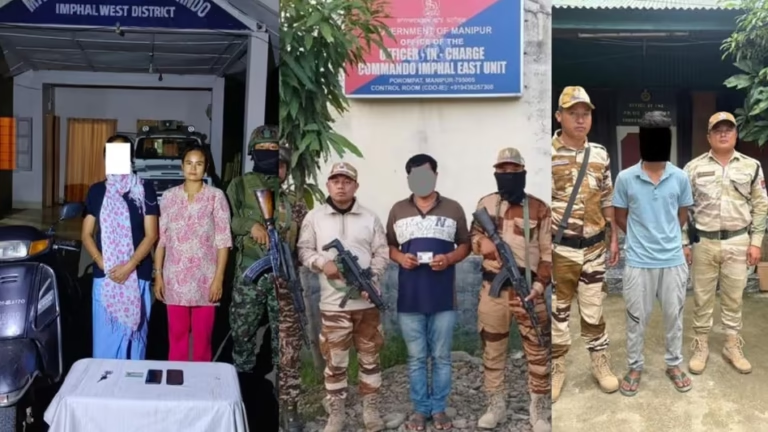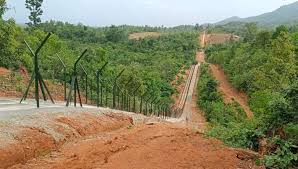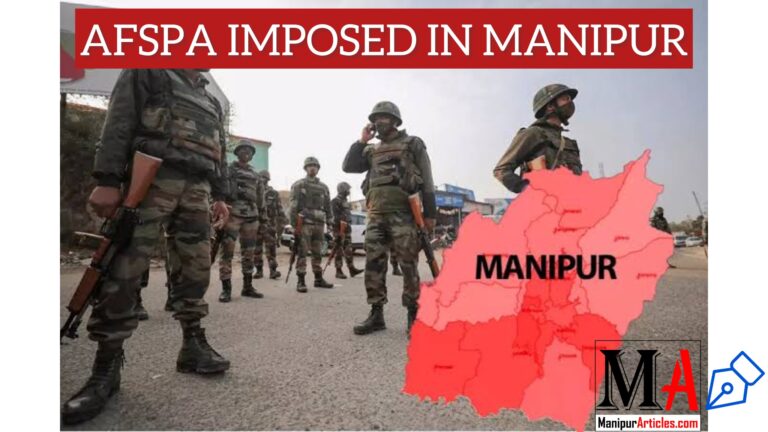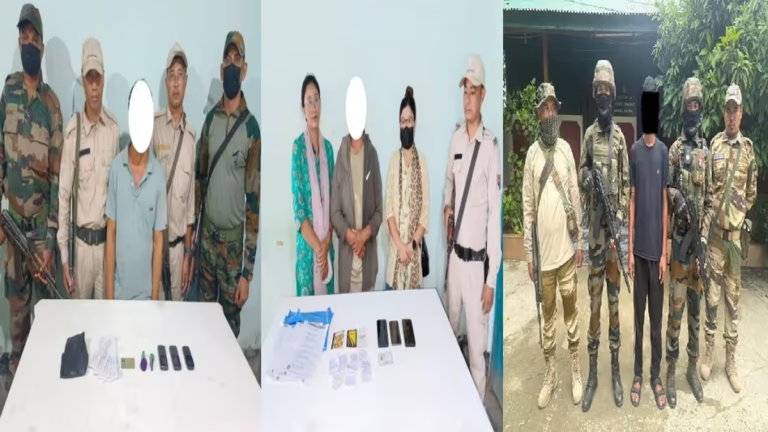One Nation, One Election: A Controversial Debate
Summary
Priyank Kharge, a Congress leader and Karnataka’s Rural Development Minister, criticized the BJP’s push for the “One Nation, One Election” initiative, claiming it is a diversionary tactic to deflect attention from pressing issues like the ongoing crisis in Manipur. The BJP argues that simultaneous elections would save costs and increase efficiency, but opposition leaders suggest it undermines India’s federal structure and constitutional spirit. This policy proposal has sparked widespread debate, with critics alleging it may be a move to centralize power and sideline democratic diversity.
Full Article
The “One Nation, One Election” proposal is one of the most polarizing topics in Indian politics today. Championed by the BJP, this initiative aims to synchronize elections for the Lok Sabha (Parliament) and State Assemblies. While its proponents argue it would save resources and ensure uninterrupted governance, opponents believe it poses significant risks to the country’s democratic fabric.
What is “One Nation, One Election”?
The idea is simple: hold elections for the Lok Sabha and all State Assemblies simultaneously. Currently, elections are staggered, meaning states and the central government face elections at different times. This constant electoral cycle is said to lead to frequent policy paralysis, heavy expenditure, and governance disruption due to the Model Code of Conduct.
The BJP has positioned this reform as a revolutionary change that could streamline governance and cut down on election costs. However, critics argue that the benefits are overstated and fail to account for India’s diverse and decentralized political system.
Priyank Kharge’s Perspective
During a recent address, Priyank Kharge dismissed the proposal as a “diversionary tactic” by the BJP. According to him, the government should prioritize urgent issues like the escalating violence in Manipur, inflation, and unemployment instead of focusing on constitutional overhauls. He accused the BJP of using this policy as a smokescreen to evade accountability on these pressing matters.
Kharge’s statement reflects a broader skepticism among opposition leaders, who view the BJP’s agenda as a power grab disguised as administrative efficiency.
Why is the Proposal Divisive?
- Threat to Federalism: India’s political system is inherently federal, with distinct powers for the Centre and States. Critics argue that synchronizing elections could lead to centralization, weakening states’ autonomy and their ability to address regional concerns independently.
- Legal and Constitutional Challenges: Changing the election schedule requires amending the Constitution. Articles 83, 85, 172, and 174, among others, would need significant alterations. Additionally, synchronizing elections may require dissolving certain State Assemblies prematurely, raising questions about democratic representation.
- Operational Challenges: Conducting elections simultaneously across India is a mammoth logistical challenge. Managing security, ballot distribution, and voter turnout for such a large-scale operation could overwhelm existing resources.
- Impact on Regional Parties: Regional parties thrive on local issues and elections, which could lose prominence if elections become dominated by national narratives. This shift might disproportionately benefit larger national parties like the BJP and Congress.
Manipur: The Unaddressed Crisis
Kharge’s remarks also drew attention to the situation in Manipur, where ethnic violence has persisted for months. Critics accuse the BJP of ignoring the northeast region’s plight while pushing their national agenda. The focus on Manipur highlights the opposition’s argument that issues of immediate public concern are being sidelined.
The Broader Opposition View
Kharge is not alone in his critique. Leaders from other opposition parties, including former Tripura Chief Minister Manik Sarkar, have echoed similar sentiments. Sarkar labeled the “One Nation, One Election” plan as unconstitutional and accused the BJP of undermining democratic institutions to consolidate power. This resistance reflects the INDIA alliance’s broader strategy of uniting against perceived authoritarianism by the ruling party.
The BJP’s Response
The BJP, on the other hand, has maintained that its intentions are purely administrative and aimed at improving governance. They argue that the constant cycle of elections creates a perpetual political mode, preventing governments from focusing on long-term policies.
Despite this justification, the timing of the proposal—amid rising criticism of the government’s handling of issues like Manipur—has raised eyebrows. Many see it as a distraction tactic rather than a genuine reform.
FAQs
1. What is the “One Nation, One Election” policy?
It’s a proposal to synchronize Lok Sabha and State Assembly elections across India to reduce costs and improve governance efficiency.
2. Why is the opposition against it?
Critics argue that it undermines federalism, poses logistical challenges, and distracts from pressing issues like inflation and regional crises.
3. What are the benefits of the proposal?
Proponents say it will cut election expenses, reduce policy paralysis, and improve governance by minimizing disruptions caused by frequent elections.
4. How does it affect regional parties?
Simultaneous elections might overshadow regional issues and favor national parties, potentially diminishing the influence of smaller, state-focused parties.
5. What constitutional changes are required?
Amending Articles 83, 85, 172, and 174, among others, is necessary, along with changes to election scheduling laws.




